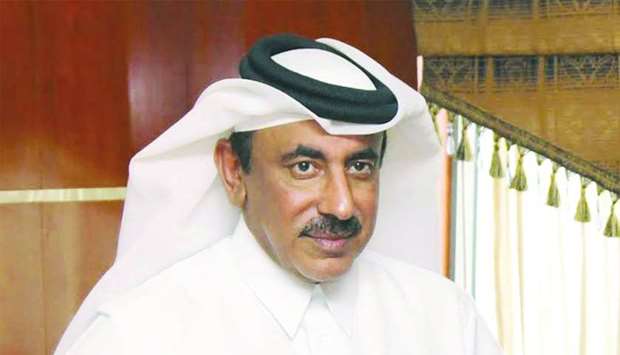*MoTC in final stages of drafting electric bus strategy, legislation
The Ministry of Transport and Communications (MoTC) is in the final stages of developing the strategy and legislation to promote electric vehicles in Qatar, particularly buses, in pursuit of the country's goal to become a pioneer in eco-friendly transport services.
This comes as part of the MoTC strategy to provide an integrated, world-class, multimodal transportation system that offers safe, reliable, and eco-friendly services in line with the pillars of Qatar National Vision 2030 for social, economic, and environmental development.
The electric vehicle strategy and legislation aim to back the country’s agenda for a green future and to contribute to striking an economic-environmental balance in a way that ensures transportation sector’s infrastructure projects sustainability, as well as to support economic growth and make the most out of the natural resources by increasing the revenues of oil and gas sectors and developing the means of transportation through deploying clean and alternative energy in accordance with the latest universal eco-friendly systems to reduce carbon emissions and, therefore, create a clean, healthy and safe environment for generations to come, the MoTC said.
HE the Minister of Transport and Communications Jassim Seif Ahmed al-Sulaiti said: “Developing such strategy and legislation comes as an integral component of the plans of our wise leadership with regards to enacting the regulatory laws and policies that ensure the success and sustainability of the projects.”
He emphasised that these steps will boost Qatar’s ranking as a pioneer in the field of mass transit with clean energy and as the first country in the world to have an integrated electric bus system, in addition to boosting the potential legacy value for the bus system of the World Cup in 2022 to create a positive legacy in a way that clearly demonstrates Qatar’s commitment to clean energy solutions for transportation in the world and supporting the determination to host an exceptional, eco-friendly, carbon-neutral championship.
The minister noted that as part of the strategy, public buses, government school buses, and Doha Metro feeder buses will gradually shift to electric buses, thus achieving the percentage that is required to reduce harmful carbon emissions from buses by the year 2030, in addition to cementing the concerted efforts that aim to protect environmental sustainability.
Under the strategy, such a shift will support building an infrastructure for an integrated electric public transit system in the country. Several permanent depots, distributed in a well-considered geographical order, will be established in various areas across the country.
They will include facilities for parking, charging and maintenance equipment, in addition to administration buildings and staff and drivers’ accommodation, which will be completed during 2021.
The strategy targets 25% of public transport buses to be electric buses by 2022 and the use of electric buses for main services during the FIFA World Cup Championship 2022, thereby making it the first championship to use electric mass transit buses.

